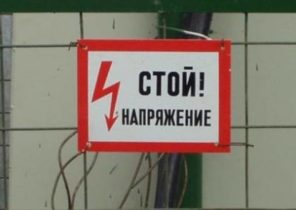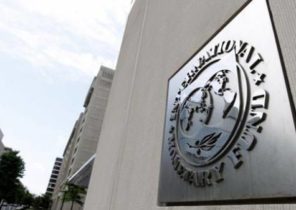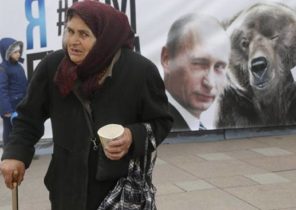The attack on Poland on 1 September 1939 began the Second world war and the unprecedented deadly military campaign. Hitler demanded his troops to act “most severely”.
Poland was the first field experiment of severe racial policies of the national socialists. In any other country of their offense had such a wide scope. Poland lost 6 million citizens — 20% of the total population, including 3 million Jews killed in death camps in the country: Auschwitz, Treblinka and others.
In Berlin now there are several monuments commemorating the crimes of the Third Reich, in particular the memorial to the victims of the Holocaust. While visitors are not reminded of the brutality of German soldiers in Poland — exhibition devoted to the era of national socialism in General.
The deputies insist on the monument to the poles
In the public consciousness as a devastating policy of Germany is primarily associated with the attack on the Soviet Union in the summer of 1941. At the same time about the barbaric crimes in Poland is often overlooked.
At the request of more than 260 members of the Bundestag in Berlin should be a monument dedicated to the crimes of Nazi Germany to neighboring Poland. However, the initiative stalled after some questioned the advisability of such a step.
Former Deputy of the SPD and Chairman of the German-Polish parliamentary group, Markus Meckel (Meckel Markus) considers “problematic,” the idea of “separate victims on a national basis”. After all, if to establish a monument dedicated to the Polish victims, we would have then and to erect monuments dedicated to fallen Ukrainians, Belarusians and Russian, he said.
Many Germans don’t realize it
However, the initiative was supported by the Federal government, and now may be able to reach a compromise: in the vicinity of the monument to the poles will be a documentation centre devoted to occupation policy in Europe.
Dieter bingen (Dieter Bingen), until 2019 head of the German Institute of Poland and as a co-sponsor of the initiative to create the memorial, said that to erect a monument to poles followed for a long time. According to him, it is a necessary gesture to the countries, most affected by the deadly policies of Germany and the longest remaining in occupation.
“In Germany traditionally marginalising Poland and treat it arrogantly. The monument can shake the Germans and draw their attention to the fact that in Poland the crimes were committed against civilization, was intended to destroy a nation with a millennial history. Many Germans are not aware of it.”
Part of the memorial will include the documentation Centre. The monument, reminiscent of the German war of extermination in the East, which also addressed other Nations, would not sufficiently effective, said the historian. In addition, it is simply impossible to open a memorial in the memory of poles and Russians at the same time, because of the Soviet Union in 1939, the first committed crimes in Poland. “Empathy cannot be expressed collectively. It to anything will not lead, do not reach destinations,” said bingen.
More than 50% want to “draw the line”
Many Germans belong to the memories of the Nazi era in two ways. According to a recent survey, dedicated to the 80th anniversary of the end of the war, most think that it is important to deal with the subject of Nazi crimes in our days. However, at the same time, more than half of the respondents would like, finally, to “draw a line” under this topic. “Alternative for Germany” as the main opposition party uses this and requires “turning remembrance policy 180 degrees.”
Living in Warsaw historian of Lepiarz Jacek (Jacek Lepiarz) said in turn that many poles want Berlin commemorated their people, and not just to erect a monument dedicated to all the countries of Eastern Europe. “The commemoration of all at once will only cause new conflicts,” he said.







